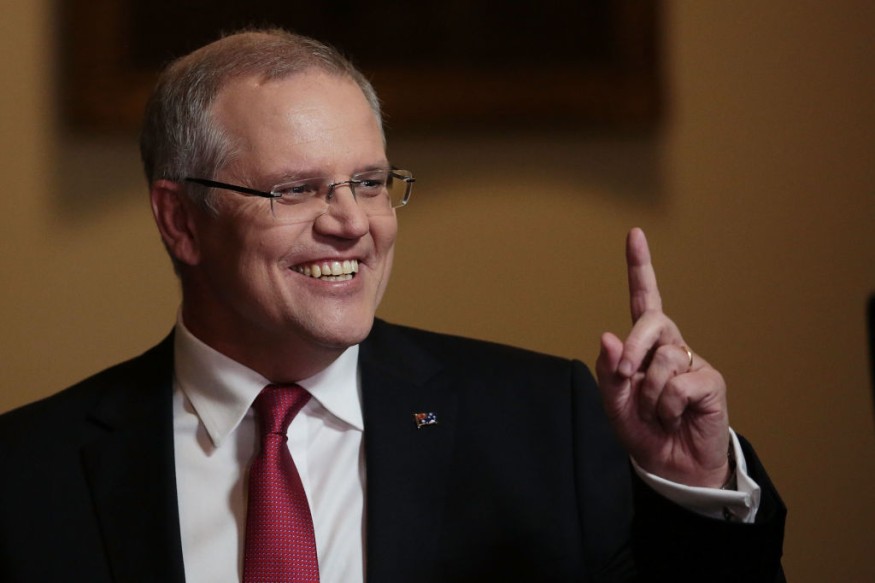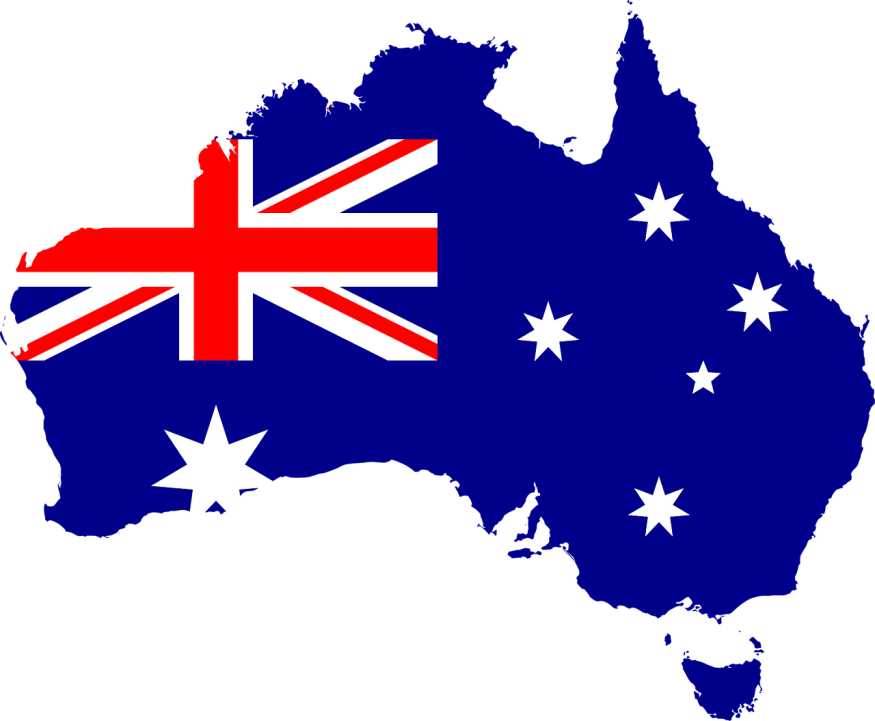Australian Prime Minister Scott Morrison's attempt to pursue better climate policies faces opposition from the nation's ruling Liberal-National coalition. This puts Morrison in a tough spot because the international community is also putting pressure on him to do something.
Australia's fight on net-zero emissions

Mr. Morrison, a longtime critic of taking hard actions against climate change, has recently shown a willingness to step towards a net-zero emissions goal, although gradually.
He implied earlier this month that he was open to pursuing a zero-emissions target, a path adopted by increasing numbers of major economies. However, it was resisted by Australia's ruling coalition.
The prime minister did not commit to a firm commitment, addressing the National Press Club, but stated: "Our goal is to reach net-zero emissions as soon as possible, and preferably by 2050."
For the prime minister, who reportedly once took a lump of coal into Parliament to taunt the opposing Labor Party's push to reduce emissions, this was a major change. Australia is one of the world's highest carbon emitters per capita and is not yet on schedule to reach its pollution mitigation goals for 2030. However, many experts agree these targets are insufficient.
Resistance
He faces fierce resistance within his own party, considering Mr. Morrison's recent shift of tone. Several National Party MPs, the rural-based junior coalition member, responded by calling for new coal industry investments and protecting the mining and agriculture industries from any efforts towards new carbon reduction goals.

Mr. Barnaby Joyce, a popular national MP, vowed to vote against the government last week if it sought to enact legislation to reach the 2050 target. He expressed fear that farmers would have to pay for methane emissions from cattle and other animals, which account for around 10% of overall greenhouse gas emissions from Australia.
"I want to see what the plan is before I make any decisions about whether we are part of this or not," he told ABC Radio.
Mr. Morrison is under pressure to respond because Australia's key allies and trade partners have indicated support for greater international climate change action.
International Climate Action
President Joe Biden of the New United States has explicitly promised to encourage countries to implement better carbon reduction policies and is convening a meeting of world leaders to address climate change in April.
It is suspected that British Prime Minister Boris Johnson is preparing to use foreign summits such as the G7 or the Group of Seven Advanced Economies to impose carbon tariffs on emission-intensive goods from climate-weak countries. Through equal tariffs, the European Union is moving forward.
However, Mr. Morrison's party has firmly criticized those moves and has suggested that it would resist both Mr. Johnson and the European Union's efforts.
Anonymous senior sources reported by the Sydney Morning Herald said that Australia's capital, Canberra, will claim that potential free trade agreements with both London and Brussels were threatened by carbon tariffs.
"The Morrison government will argue that carbon tariffs are not aimed at combating climate change, but rather at economic objectives including protecting local industries such as British and European meat, cheese and wine."
While Mr. Morrison has suggested that he follow a zero-emissions target, he has steered away from any attempt to place a price on carbon emissions. He proposed instead that modern technologies would make it easier for Australia to mitigate emissions. He also supposedly considered making any elimination goals optional rather than binding.
Internal Conflict
These proposals were opposed by critics, arguing that specific goals and carbon pricing were the most effective ways to minimize emissions and provide the business sector with certainty.
Mr. Morrison, however, clearly appears unwilling to agree to a firm position. He is keenly aware that party infighting over climate change has contributed to the demise of a series of Australian politicians on both sides of the political system. As a matter of fact, his own promotion to the Liberal party leadership in 2018 was facilitated by the ousting of his predecessor, Mr. Malcolm Turnbull, after an internal party conflict over energy policies.
For more Environmental news, don't forget to follow Nature World News!
© 2025 NatureWorldNews.com All rights reserved. Do not reproduce without permission.





